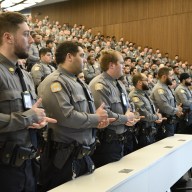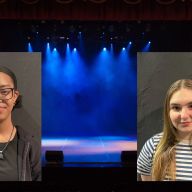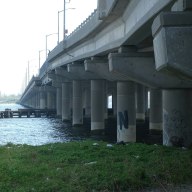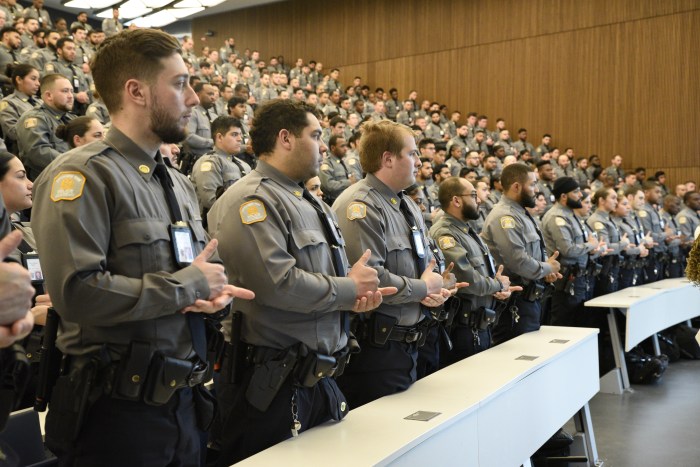By Bob Harris
At a recent meeting of the Queens Civic Congress, the umbrella organization which represents the civic associations of Queens community leaders and others told horror stories, some old and some with a new twist, about what they described as the lack of code enforcement by the Building Department and about community facilities being fostered on communities.
The meeting was well attended by about 200 civic association leaders from many neighborhoods across Queens. The topics which really draw crowds of civic leaders are illegal apartments, enforcement of the zoning laws by the Buildings Department and the courts, and community facilities. People have bought homes, or rented legal apartments, in communities with a certain zoning and they want to preserve the quality of life which they have purchased.
Patricia Dolan, president of the Kew Gardens Hills Civic Association, started the meeting by introducing Holly Leight, general counsel of the Municipal Arts Society. She outlined the significance of a newly passed federal law, the Religious Freedom Land Use Act of 2001, which was rushed through Congress with no public hearings, and promptly signed by President Bush. It limits what local communities can do to enforce zoning codes on what type of structures houses of worship can build or occupy. Dolan gave examples of religious groups renting a room in a building and saying that the building doesn’t have to conform to the local zoning because there is a religious use involved. There are court cases in the works in many places around the country opposing the law.
“Community facilities do many good things, but unfortunately they negatively impact on residential communities,” said John Liu, president of the North Flushing Civic Association.
Tyler Cassell from the North Flushing Civic Association showed slides illustrating the impact of dozens of houses of worship on the originally one-family residential community. For years the NFCA has shown maps with facilities gradually taking over houses in their community. Our elected officials have not solved the problem.
The Salvation Army bought three houses and is building a facility among the homes, yet the slides showed several vacant lots or buildings a few blocks away which could have been used. Cassell felt that if the Salvation Army had just met with the community, these alternate sites would have been suggested.
Kevin Forrestal, president of the Hillcrest Estates Civic Association, showed slides of the buildings at St. John's University. There were pictures of the looming parking garage, dorms near houses and open dumpsters with garbage bags hanging over the top of them.
Dominick Pistone from the Kew Gardens Hills Civic Association, showed slides of a large synagogue across the street from another synagogue, with no set-back so it is at the sidewalk, all legal under the current zoning codes and community facility laws. Pistone complained that one-family homes are being turned into religious institutions with a loss of residential housing and real estate taxes.
Margo Hill from the South East Queens Concerned Neighbors showed slides of the many churches in Jamaica along Merrick Boulevard and their impact on the community. Most have limited or no parking spaces so the cars cause congestion during services on Sundays or during special events. It was mentioned that a large cathedral in Jamaica has no parking lot, so cars park on the streets.
Liu mentioned that operators of a nursery school in the Kissena Park Civic Association wanted to expand the school. The civic would have preferred no expansion but both parties sat down, talked and worked out a mutually agreeable expansion plan. Regretfully, the heads of most facilities don’t meet with community leaders but just do things to their property.
In the audience was Irving Poy, director of Planning at Queens Borough Hall. At the end of the meeting he spoke to the crowd and said that Queens Borough Hall was working to have the City Planning Commission handle community facility rules. Sorry, but we have been hearing this for years at the Zoning Task Force convened by Borough President Claire Shulman.
Yes, this is a very emotional issue— it concerns places where people practice their religion, places where medical services are provided, and homes where people with disabilities live. But while the officials stall, communities are changed from what they once were to what they are today and what might be tomorrow.
Next week: Complaints about code enforcement.





























